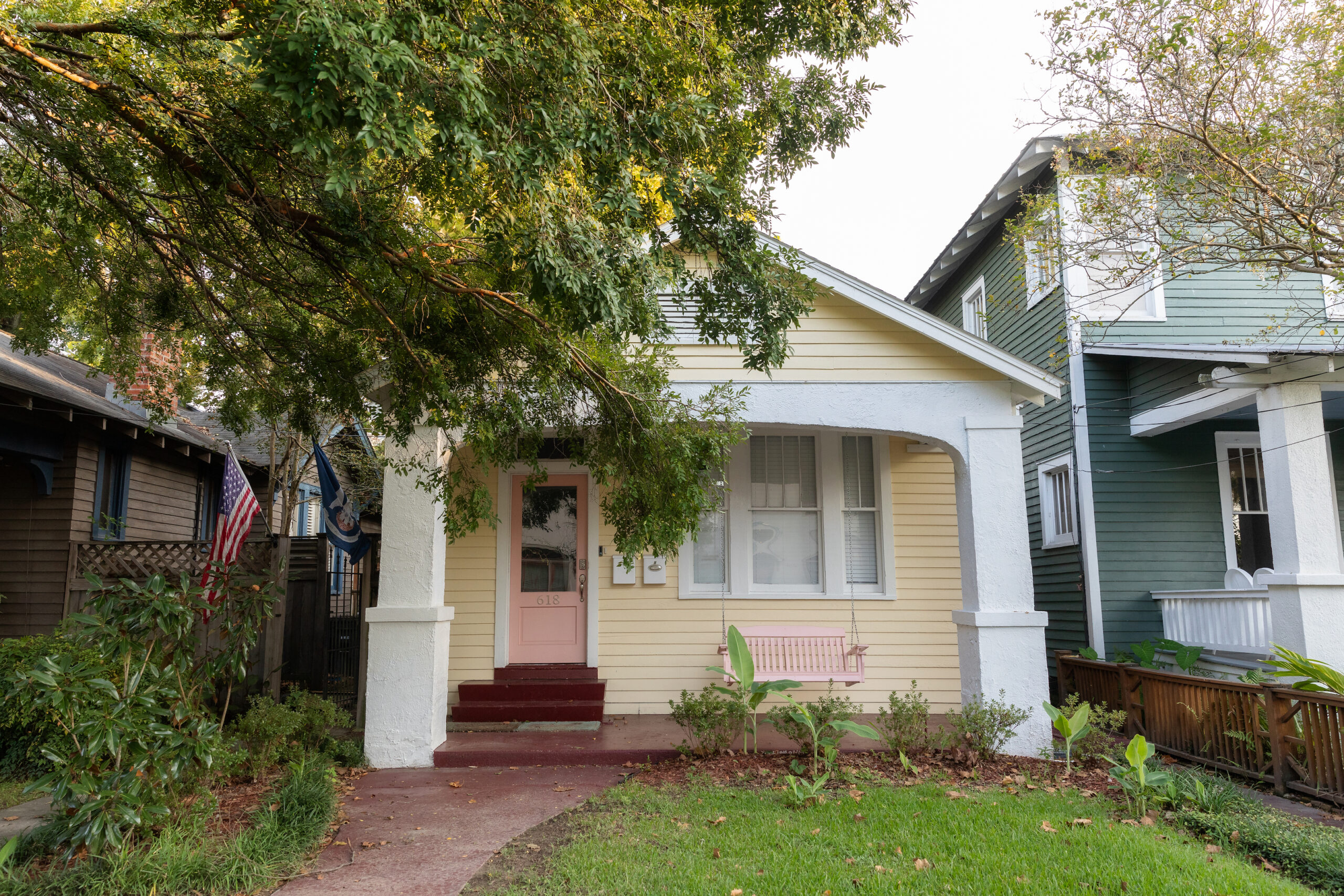
What proposed Baton Rouge short-term rental regulations could mean for Airbnbs
A locally led study group has released potential regulations that would allow short-term rentals like Airbnbs on a limited basis in single-family residential zoning districts.
The group, which comprises individuals from the Baton Rouge Planning Commission, Federation of Greater Baton Rouge Civic Associations and the Greater Baton Rouge Association of Realtors put together an outline earlier this month of regulations concerning short-term rentals in the Baton Rouge area.
The owners must register to pay taxes, limit the rental to two bedrooms and the rental must be owner-occupied. Whole house rentals would be acceptable if the owner acquires a permit.
|
|
The study found there are currently about 460 short-term rentals within East Baton Rouge Parish. If passed, the new regulations would most likely lower that number, says Gilles Morin, assistant planning director.
There is some concern that fewer whole-house rentals could hurt Baton Rouge travel, says Paul Arrigo, president and CEO of Visit Baton Rouge, as there is a good bit of demand for those rentals. However, he recognizes the impact of whole-house rentals on parking and the lifestyles of neighborhood residents.
The group began meeting in 2020 after the Metro Council voted to create a study group in 2019. The issue with short-term rentals began in Spanish Town, where residents were concerned about parking and other issues that came with the rentals, but the council decided to focus on the entire city.
The group looked at regulations in about 20 cities in Louisiana and the Southeast when creating the proposal, Morin says.
One of the major components the group hasn’t worked out yet is permitting, Morin says. The proposal requires that whole-house rentals get a permit, but they haven’t decided what it will include.
The study summary and proposed draft regulations are on the Planning Commission’s website along with a public survey. The group plans to compile public comments by the end of the month and reconvene to address those comments and move forward. There’s no definite timeline, Morin says, but once the proposed regulations are finalized, they would go to the Planning Commission and then the Metro Council.
This story originally appeared in a Feb. 14 issue of Daily Report. To keep up with Baton Rouge business and politics, subscribe to the free Daily Report e-newsletter here.
|
|
|
